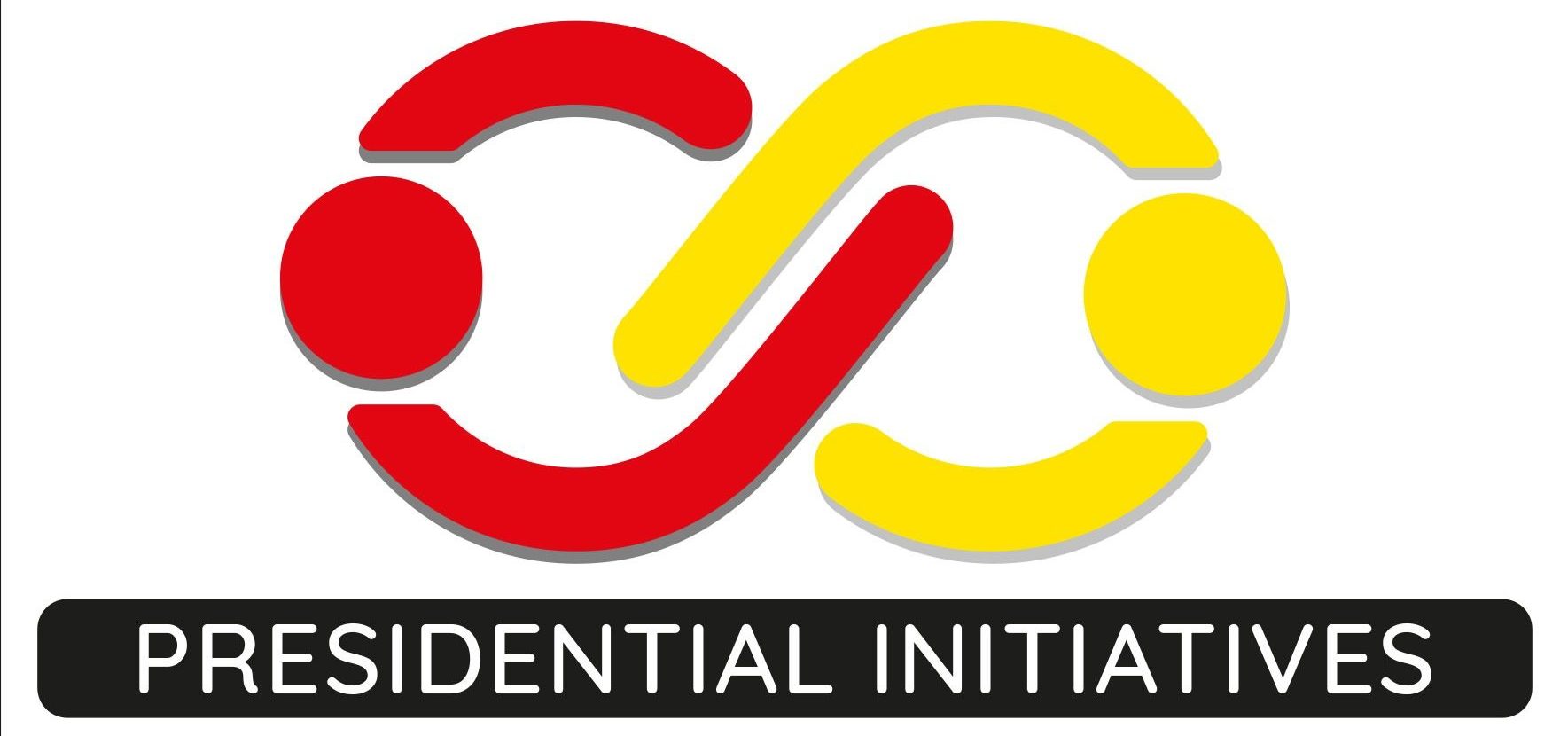
Babirye Milly Babalanda, Uganda’s Minister for the Presidency, has underlined the importance of more male participation in HIV prevention initiatives as the globe gets ready to celebrate globe AIDS Day on December 1, 2024.
The Buyende district’s Bukungu Primary School, where Minister Babalanda is referred to as the “Hope for Budiope West Constituency 2026/2031,” will commemorate World AIDS Day in Uganda.
Babalanda asserts that men’s involvement in the battle against HIV is essential for a number of reasons, major among them being that men are frequently the main people who transmit HIV to their female partners, especially in heterosexual partnerships.
She emphasized that “involving men in HIV prevention initiatives can help reduce the number of new infections.”
According to her, men frequently occupy positions of authority and influence in families and communities. Therefore, involving men in HIV prevention initiatives can empower them to act as change agents by encouraging positive behaviors and lowering stigma.
Engaging males in HIV prevention initiatives can assist enhance their access to health services, such as HIV testing and treatment, since most men in Uganda, like in many other African nations, are frequently less likely to do so.
According to experts, men’s participation in HIV prevention initiatives might also lessen gender-based violence, a major factor in HIV transmission among women and girls.
Nevertheless, since some men still maintain conventional, patriarchal beliefs that make women more susceptible to HIV, men can also be a barrier in the fight against the virus if they uphold detrimental gender norms.
Additionally, some males participate in high-risk behaviors that can spread HIV, like having several sexual partners or abusing drugs.
Experts say that some men who don’t tell their partners they have HIV may expose them to infection, while others who restrict their partners’ access to healthcare may keep them from getting HIV testing, care, and treatment.
In summary, Minister Babalanda’s appeal for males to participate in HIV prevention initiatives is an important first step toward involving all relevant parties, starting at the family level.
According to Minister Babalanda, the Buyende event would also provide a forum for HIV testing, awareness-building, and community engagement in the battle against HIV/AIDS.
The government of Buyende, in collaboration with partners, has planned pre-event events as part of the day’s celebrations, including the provision of health services from November 25–30, 2024.
Through mobile film vans located across the area, these services include HIV testing, cancer screening, syphilis screening, Hepatitis B screening, malaria, sickle cell screening, and the management of non-communicable diseases. They also include general health awareness.
The subject for this year, “Accelerating Interventions to End HIV/AIDS by 2030,” closely aligns with Uganda’s objectives.
The fight against HIV/AIDS has advanced significantly on a global scale. As of 2023, 30.7 million people with HIV were receiving life-saving treatment, a fourfold increase since 2010, according to UNAIDS.
Over the same time period, the number of AIDS-related deaths has been cut in half, and the number of new HIV infections in children has dropped by 62%.
Even with these developments, reaching the 2030 goal is still a difficult undertaking.
Existing gaps in HIV prevention and treatment must be addressed by the international community, especially for vulnerable groups like young women and teenage girls.
It is evident that reaching the 2030 target would necessitate consistent efforts, more financing, and creative approaches to combating the pandemic as the whole community gathers to celebrate whole AIDS Day.
By 2030, AIDS might be eradicated as a public health concern with increased dedication and teamwork.

